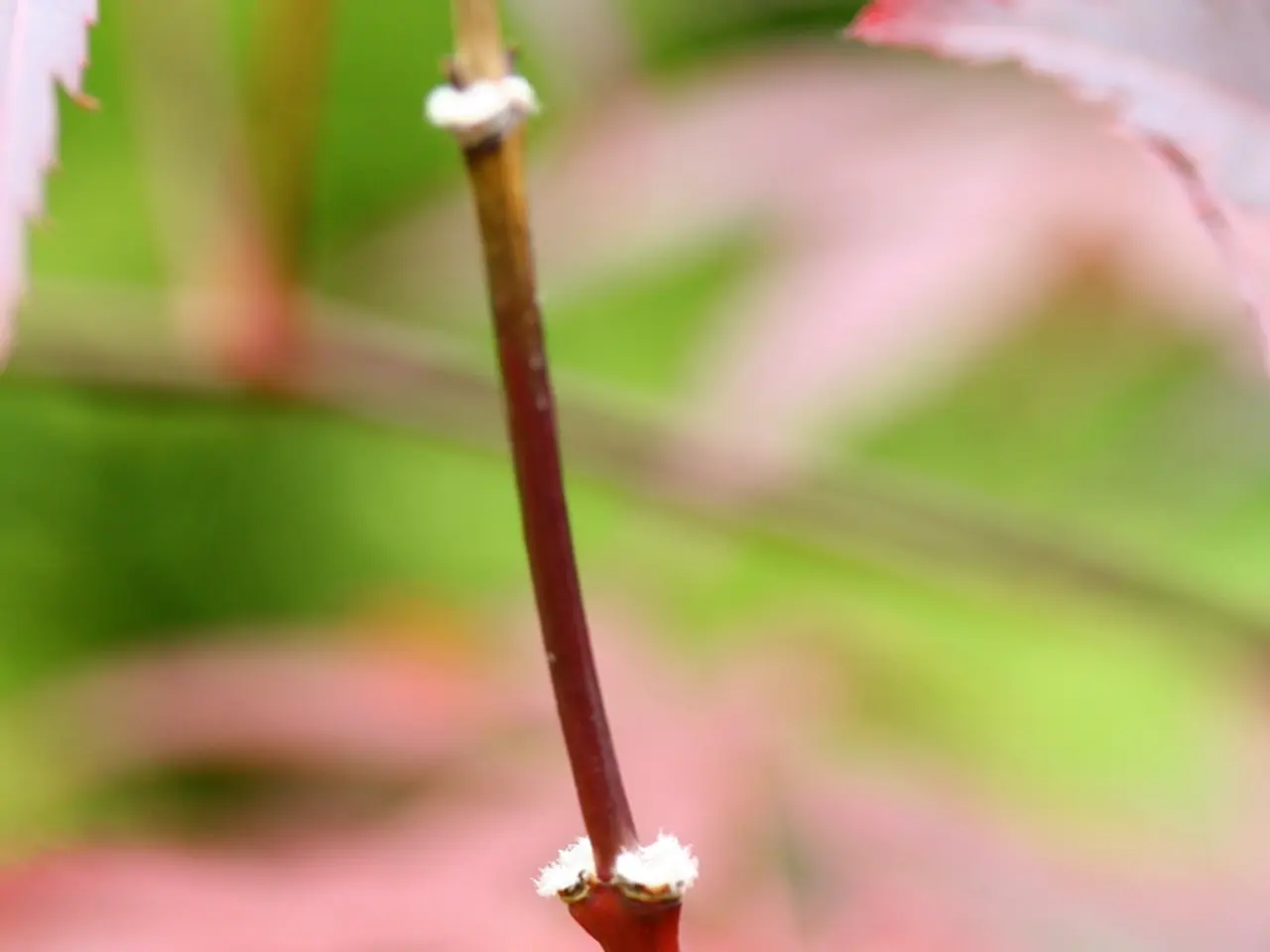Trump Administration's H-1B Visa Changes Could Impact U.S. Universities' Ability to Hire Foreign Talent
As of June 30, 2025, at least 930 colleges and universities in the United States employed at least one worker with an H-1B visa. The Trump administration is proposing changes to the H-1B visa program, including a significant fee increase, which could impact universities' ability to hire foreign talent.
Universities use H-1B visas to fill crucial roles, such as academic staff, researchers, and doctors, often connected to medical centers. As of 2025, U.S. colleges and universities employed more than 16,000 workers on approved H-1B visas. The top 50 institutions had an average of 167 approved visas, and the top 100 held about 70 percent of all H-1B visas issued to colleges and universities.
The Trump administration's proposal doesn't target current H-1B visa holders or new applications for universities. However, it aims to curb abuse by requiring employers to pay a $100,000 fee for H-1B visas. This could hamper colleges' ability to fill key roles, warns the National Postdoc Association, as the fee would create an enormous barrier for employers seeking top international talent. Notably, universities can currently hire foreign talent without being subject to the annual cap of 85,000 new H-1B visas.
The professional, scientific, and technical services sector holds the most H-1B visas, with 129,007 in fiscal year 2025. The proposed fee increase and cap could significantly impact universities' hiring practices, potentially limiting their access to global talent pools. As the changes are still in the proposal stage, their final impact on U.S. universities remains to be seen.







